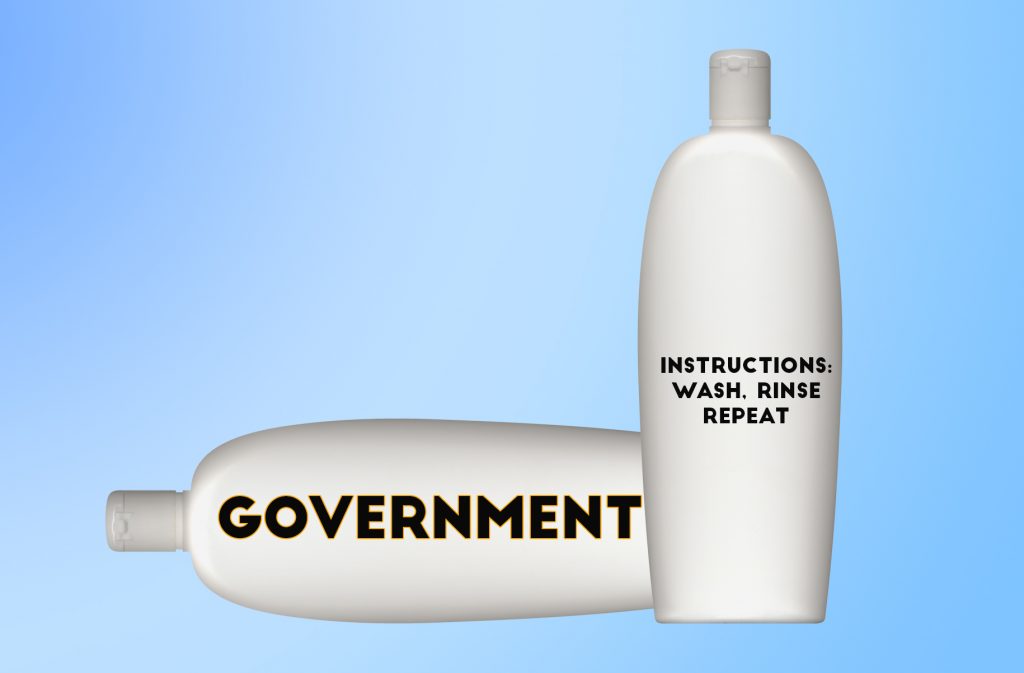
People don’t buy shampoo they buy clean hair. When a customer uses a product to get a functional job done, they often want to feel a certain way and be perceived in a certain light by their peers and/or friends and others. A functional job is stable over time. What changes over time are the products and services that companies offer to help get the job done better.
People volunteer to live in your community. Business owners volunteer to operate their enterprises in your community. You and your employees volunteer to work for your organization. Your governing body members volunteer to serve. The question is why do people choose to live in your community? What are residents wanting to accomplish? How does local government play a role in that equation and how is it evolving, especially post-COVID 19? Who or what is influencing that shifting role? Will it expand or contract? Here are three actions you should immediately take to reposition your community:
- Strategic planning is OVER! Time to transition away from conventional strategic planning and toward scenario planning, or as I call it, Futures Planning. The value of this approach is that it’s not about developing specific plans that will actually be implemented or getting to the “right” scenario but about helping leadership understand that the future can be dramatically different from the present, while fostering a deeper understanding of the forces driving potential changes and uncertainties. The approach gives leaders the ability to reperceive reality. The outcome is to sharpen their capability to toggle between present reality and future possibility.
- Leaders need to consider how to incorporate both problem-finding and problem-solving in their organization. They also need to ensure that there is both divergent and convergent thinking going on. You need moments of divergence, where you’re exploring and you don’t really know what you might find; and you also need moments of convergence, because, eventually, you will have to make decisions, and that happens both in the problem-finding stage and in the problem-solving stage.
- Elected officials’ traffic in the acquisition and use of capital – Social (Democracy is a cause), Political (voting on proposed legislation) and Leadership (faith by residents in their judgment). Capital is synonymous with trust. The rise in the mistrust of institutions, including government, does not bode well for any of us. Historically, government hasn’t marketed (or as I refer to it ‘social marketing’) its success to its own residents so there’s often an assumption that clean streets, well-maintained infrastructure, modern parks and recreation, high quality water, the enforcement of contemporary building codes, ethical officials, prudent fiscal management, well-regarded workforce members, legal compliance, credible law enforcement and so on are somehow automatic, which they are not! Achieving, and sustaining, those outcomes are the direct result of residents expressing their support for such things and having faith in the judgement of elected officials. The ongoing challenge is those outcomes are always at risk of declining due to other forces.
Instead of focusing exclusively on the cost of government it’s time we begin to focus on the value of government. The impact it has on our everyday lives, especially our quality of life. Granted, there will always be residents-citizens who believe the best days for your community are behind instead of it front of it. Despite the maxim that public policy is made by those who show up, each of us has to look at the larger picture and fashion our future, which isn’t written for us but by us.
